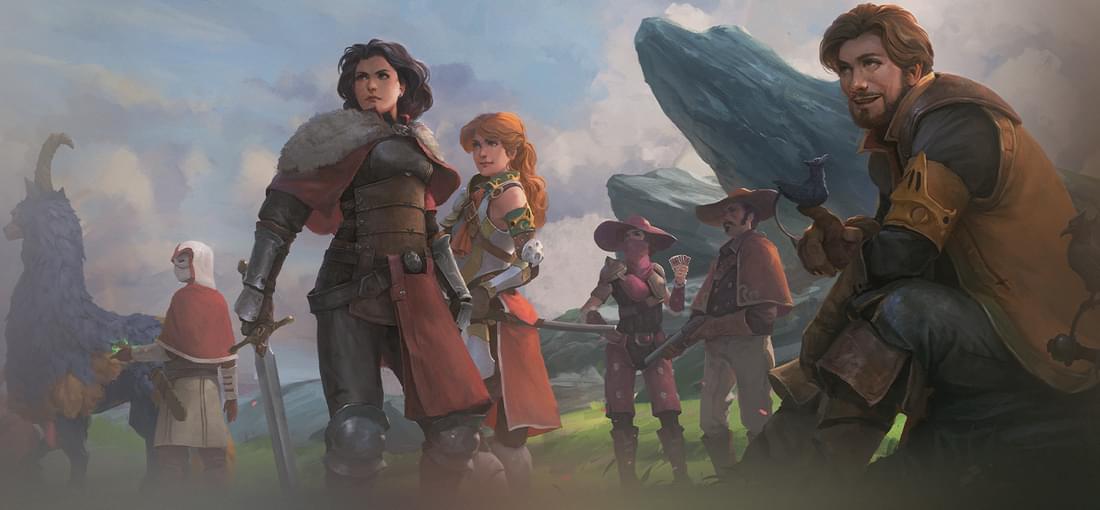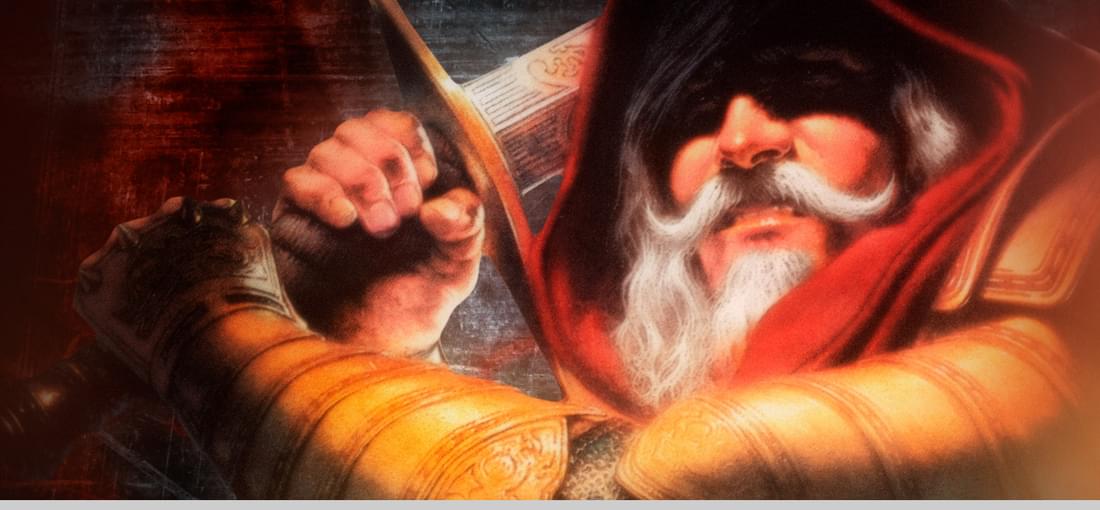


Having played all of the NES, Ultimate Wizardry Achieves, and SFC versions of Wizardry, I am happy to experience this re-release, which uses the console music and combines the feel of the SFC version in the dungeon with Wizardry: Tales of the Forsaken Land in combat--both good to great games aesthetically. I question many of the design choices, some good (customizes away many "old school" traditions), but which overall make the game close to unplayable. The game is the game--you get invested in your characters, they die/permadie easily, you overestimate your chances, you encounter strange and challenging enemies and traps, and you gradually become a master player. It's good, but pretty high up there in unforgiving entry-level and endgame experiences in a party-based RPG. Having a player friendly interface is important to make such an experience enjoyable. The interface is not player-friendly. Unlike every prior release, this game has no way to circumvent Wizardry's aggressive autosaving of everything bad that happens to you: no multiple saves, no reset/force quit in the middle of a bad combat (the game saves character status round by round), no easily accessible save/character files to make manual backups. It is impossible to overstate how profoundly this changes the gameplay. The game weirdly makes it impossible to access newly created (and naked) characters' gold until they enter and then leave the dungeon. It's hard to figure out what's going on in combat. The action's going on in front of you, but most of the information is off to the side, so you're constantly having to move your eyes for things like what spells are going off, which monsters were affected, and how many hits connected. Tales of the Forsaken Land had no trouble giving you this information. This game may be great when it's fully finished. In its current state it needs more polish and different design choices.

As other reviewers have said, this game's mechanics draw inspiration from a lot of SNES/PS era RPGs, and this game does it well. You can min-max stats, create a huge team of intricately specialized heroes, or flexibly class-change to your heart's content, if you want. Throwback classes like werewolves and those mages that hit the whole map make a big splash. Thanks to the interface and presentation, it's also lots of fun in casual play. Whether you're playing a story mission or just grinding, this is a game you can pick up and spend just an hour on in an evening instead of feeling you have to "work" to make meaningful progress. The combat tracks can be breathtaking. The animation and graphics are crisp. Fast loading times, a default "injury" rather than permadeath system, and just the right autosave timing make small mistakes much less punishing on the player's time. Ever had to reset a battle map because you forgot to equip just one character in your team with just one piece of gear? You lose only a minute for that mistake in this game. I've also spent hours customizing the look of my characters, importing my own portraits, yes, but even without that there are many options for customizing each generic's sprites. Elf ears, anime hair, devil horns, no problem. Among the few weaknesses of this game, I would say that its fantasy world's lore seems rather generic and shallow, especially compared to your own characters. OgreBattle's world and the Ivalice of Final Fantasy Tactics had a rich depth in their world histories, and were able to tell a complicated and subtle political tale through them. This game's story spoon-feeds you a bit. But that is probably something that makes it more accessable.

Betrayal at Krondor is one of those RPGs that has it all: A fun, challenging combat system, rewarding character growth, heroes you'll grow to love both on and off the battlefield, memorable combats both easy and difficult, powerful weapons, spells, and dozens of groovy items. Most of all, it tells a good story, and it does it well. Utilizing the fantasy world of a bestselling fantasy author (this being several years after some excellent Dragonlance and Forgotten Realms D&D games started coming out), this game is based in the world of Midkemia and its war-weary Kingdom of the Isles. You've got the mysterious Gorath, a dark elf prisoner with a white beard, being escorted to Krondor by Seigneur Locklear (basically a squire) to bring news of a new plot with assassins on their heels, while the novice magician Owen caught up in the ride. So you've got the first chapter's goal: Bring Gorath to Krondor! Your motley crew starts off quite square: Gorath is the strong and slow guy, Locklear is an overall excellent warrior, and poor Owen's only good spell is a blindness spell whose mechanics the game doesn't even explain to you (though it's good). These and your other party members improve on a total of 16 skills plus their Strength stat very gradually with practice. Trust me, you will see their fighting skills and especially their equipment and magic become the stuff of champions. There's the same level of detail and variety in the items: not just Rations, but poisoned and spoiled rations, "Days Rations" of quality food sold in taverns that offer no in-game benefit, the abnormal ailments: each ranging from 1-100% strength, mostly hard to shake off, and several having key roles in the plot or game world, and the small towns: you'll love walking up to doors just to see if there's a shop to sell all that junk you're carrying, and finding a friendly villager making polite conversation instead. You'll look forward to Gorath's insightful observations (with full character body portrait) when he detects an enemy ambush. It's the game's narration that uses these otherwise boring mechanics to immerse you in the game world and story. The overall gameplay and combat system is different. You need to rest to heal for the most part, keep track of rations, repair your equipment, and follow the yellow roads to your goal (or get lost hunting for treasure chests!). You usually see the enemy you're about to fight, and during combats you alternate between movement, accurate thrusts, strong swings, using magic, plus Defend and Rest options. I know it sounds difficult to learn a completely new RPG system, but it's not boring in this case. By the time you fight this game's first really terrible battle (and it's pretty early!), you'll have it all figured out and be hooked on this game. Betrayal at Krondor was one of the last pre-Windows 95 compatible computer RPGs that came out, a mega-leech on the computer memory in its day, and it was worth it. It earns a solid A in my book.